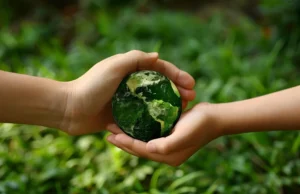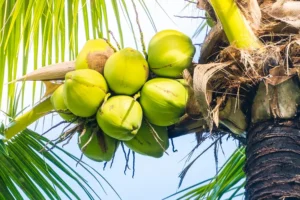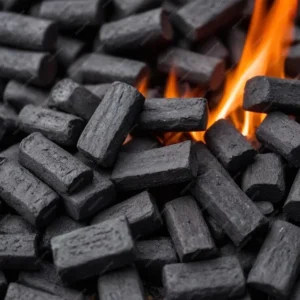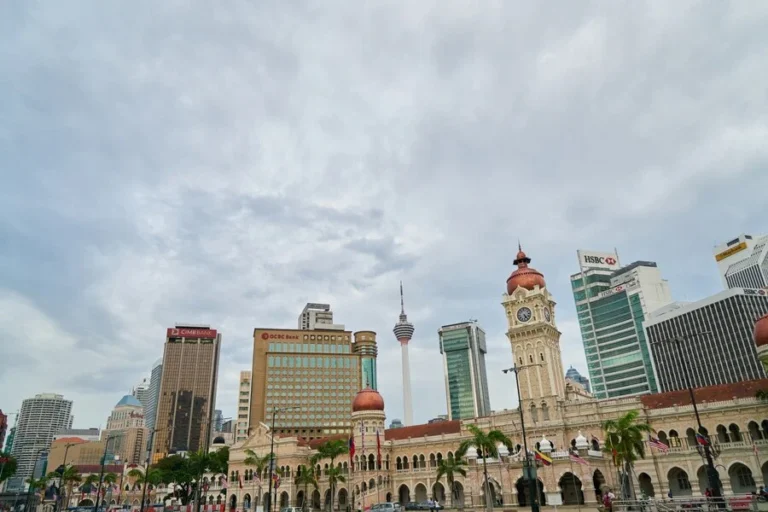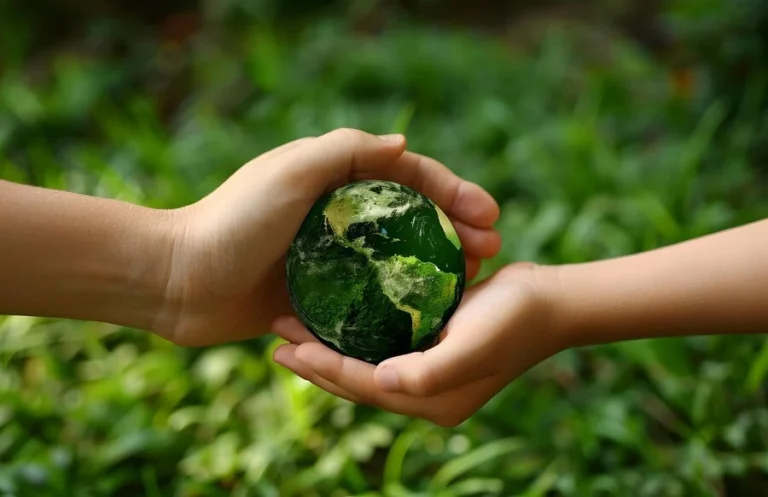The production of charcoal briquettes not only benefits the environment but also provides a significant economic impact, especially for local communities in coconut-producing areas. Let’s see how the charcoal briquette industry contributes to the improvement of the local economy.
- Job Creation The charcoal briquette industry requires labor in its various stages of production, from the collection of raw materials, such as coconut shells, to the production and packaging processes. This opens up employment opportunities for local communities, particularly in rural areas that may have limited access to formal employment. With the increasing demand for charcoal briquettes in the international market, more jobs become available, ultimately reducing the unemployment rate in the area.
- Increased Income of Coconut Farmers One of the main raw materials for making charcoal briquettes is coconut shell, which is often considered as waste by coconut farmers. With the increasing demand of coconut shells for briquette production, farmers now have an additional source of income. This provides an incentive for them to increase coconut production, which not only increases their income but also strengthens the local agricultural economy.
- Local Industry Development As the charcoal briquette industry develops, there is a need for supporting infrastructure such as processing, transportation, and storage facilities. This opens up opportunities for local entrepreneurs to develop new businesses that support the industry. Moreover, the presence of a thriving industry also attracts investment, which can trigger further economic growth in the area.
- Increased Exports and Foreign Exchange Charcoal briquettes produced in Indonesia have a high demand in the international market, especially in Middle Eastern and European countries. The export of charcoal briquettes not only brings profits to producers but also contributes to the country’s foreign exchange. This provides broader economic benefits and helps strengthen the national economy.
Conclusion The charcoal briquette industry has a wide-ranging and positive impact on local economies. By creating jobs, increasing farmers’ income, developing local industries, and boosting exports, charcoal briquette production is becoming an important source of economic growth for many communities in Indonesia. This shows that the industry is not only environmentally sustainable, but also economically viable.




